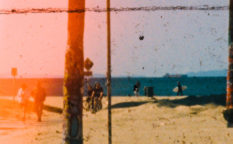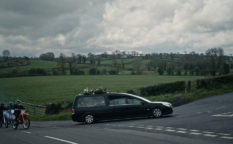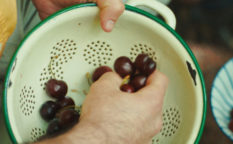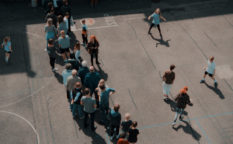Emilie Brisavoine: “I was switching between Emilie the director, and Emilie the person”
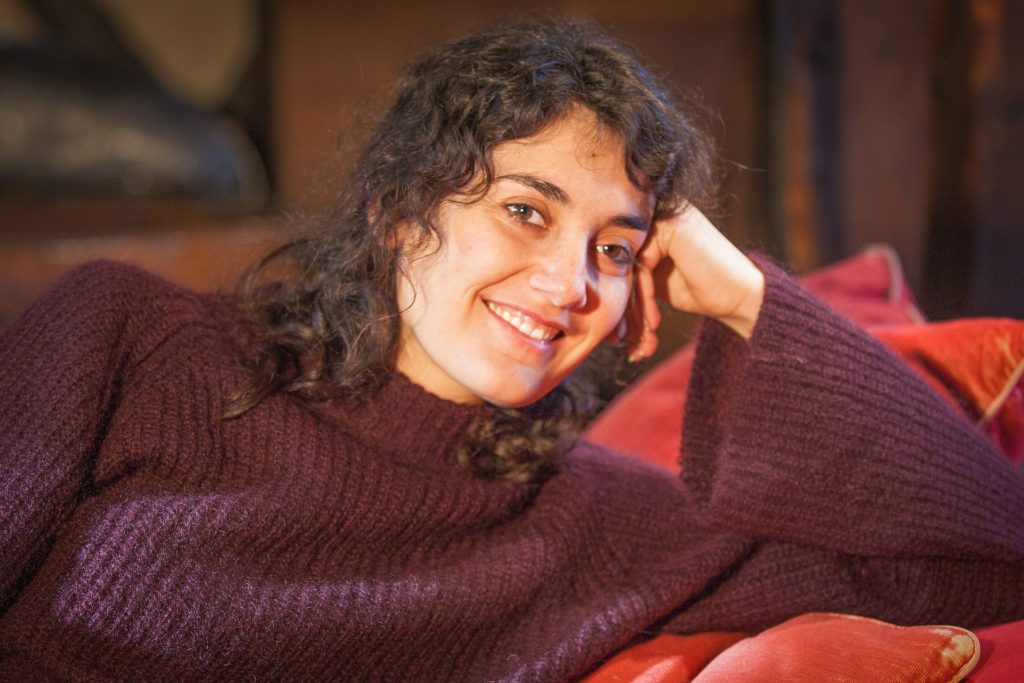
Eight years after the premiere of her feature debut “Oh La La Pauline” in Cannes, Emilie Brisavoine is back with another very personal documentary which has just had its world premiere in the Proxima Competition of Karlovy Vary International Film Festival. After her debut dedicated to her youngest sibling, a 15-year-old half-sister born to Emilie’s mother Maude and her partner Frederic, it is the director’s mother who comes into focus. Childhood traumas and memories awaken through the re-discovery of information-packed diaries will send the French actress/ director on the quest of finding answers to the question why she and her brother had to suffer big traumas in their childhood. The journey takes her to different therapists who deal with traumas in unconvential ways, but the biggest support comes from her brother, though a frequent exchange of emotions related to the scars their mother inflicted.
Ubiquarian met Emilie Brisavoine in Karlovy Vary shortly after the world premiere of “Keeping Mom” to discuss the challenges that making of such an intimate documentary brings.
Was making this very personal film a form of self-therapy?
Yes. We usually think of the family as a place of love and security, but in fact whenever I look around and pay attention to what’s going on in mine- or in other people’s families, I actually see it as a place of violence filled with taboos. One has difficulties talking about heavy problems. There are lot of things that we deny inside of us because it is not possible to analyse or to talk about them, and I think that a documentary is a mean of addressing some of them, and to reach piece within.
For me, art is an ideal way to deal with the past, to find clarification and also to transform a personal issue into something more general like ‘having children’ or ‘forgivness’. It also helps me to deal with my emotional injuries and suffrance, and accepting them.
Was your need to turn to your mother as the movie subject additionally propelled by your motherhood, and fears of passing something of her DNA further?
That was really the starting point for me. I had to understand. Meaning that first of all, if I didn’t want to repeat the same pattern, I needed to understand what and why certain things happened and accept them. My brother and I decided to go on that journey together. I would like to add that the film allowed me to see what I don’t see outside of it in my life and that is because filming, and looking through the lense gives me images, and those images make me comprehend what is going on. Without it, I wouldn’t be able to do it.
In reference to what you have just explained, how difficult it is for you as a filmmaker to take a step back, at the same time analysing your life?
The uniqueness of this film is that I was an active part of it while i was filming, and I was living in that moment. I spent two years on writing and editing, doing it again and again. That was a bit schizophrenic. I was switching between Emilie the director and Emilie the person. And so, in order to make the movie universal, we created a set and three characters, and everything was set up as if it were a fiction film with necessary props for it.
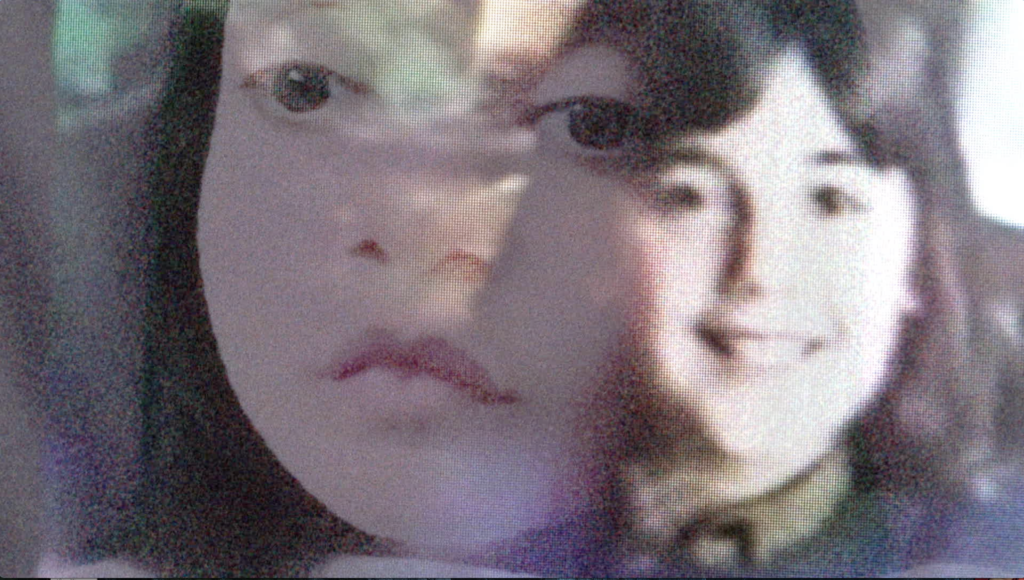
Could you tell us something about the esoteric elements such as you visiting diverse specialists that treat traumatic experiences with energy, birth charts and similar? They also bring a dose of humor to the film.
My mother is a medium and she is surrounded by the esoteric universe. I personally love studying the deblocking charts. because there are hundreds of thousands people who suffer during their childhood and they don’t know what to do with it. There are therapists who are out-of-the-box and whom many see as phantasists or grotesque, and who offer treatments for traumas. So, there are all kinds of healers, from evangelical, new age or those who are healing your inner child, and I am interested in all that particularly as a film-maker who is attached to story-telling.
Is it why you use a lot of cosmic images in your movie?
I needed to find a way to present myself. I didn’t have a proper way of makimg myself visible in the film. Both my brotehr and my mother had their characters defined on the screen, and I didn’t have anything. This is why I decided to use the universe to explain what I was going through, and to express my emotions through metaphors.
Did your mother have a chance to watch the film?
Yes, she had a chance, but she couldn’t watch it. It was too much for her. She couldn’t face it.
Did re-discovering your diaries and little notes from childhood come with a shock?
It was an emotional electro-shock. I felt the emotions coming up that I’ve been denying for such a long time: frustration, anger, sadness… So, imagine how it was going back to that. But, it was a good thing for the movie. I saw that little girl who knew how to express herself in an intelligent manner, and I was a bit jealous that I lost that ability as an adult. She was authentic and funny. That’s why I knew that I had to give her the central place, and also use the VHS tapes to round it up.
The movie doesn’t have magic powers, but it was a part of the healing process both for me and my brother, who feels much better now. He told me that he was very moved by the documentary, and that he realized that we didn’t have the same type of childhood as he was too small, but also that this is a special gift to the family, and particularly to our children.

